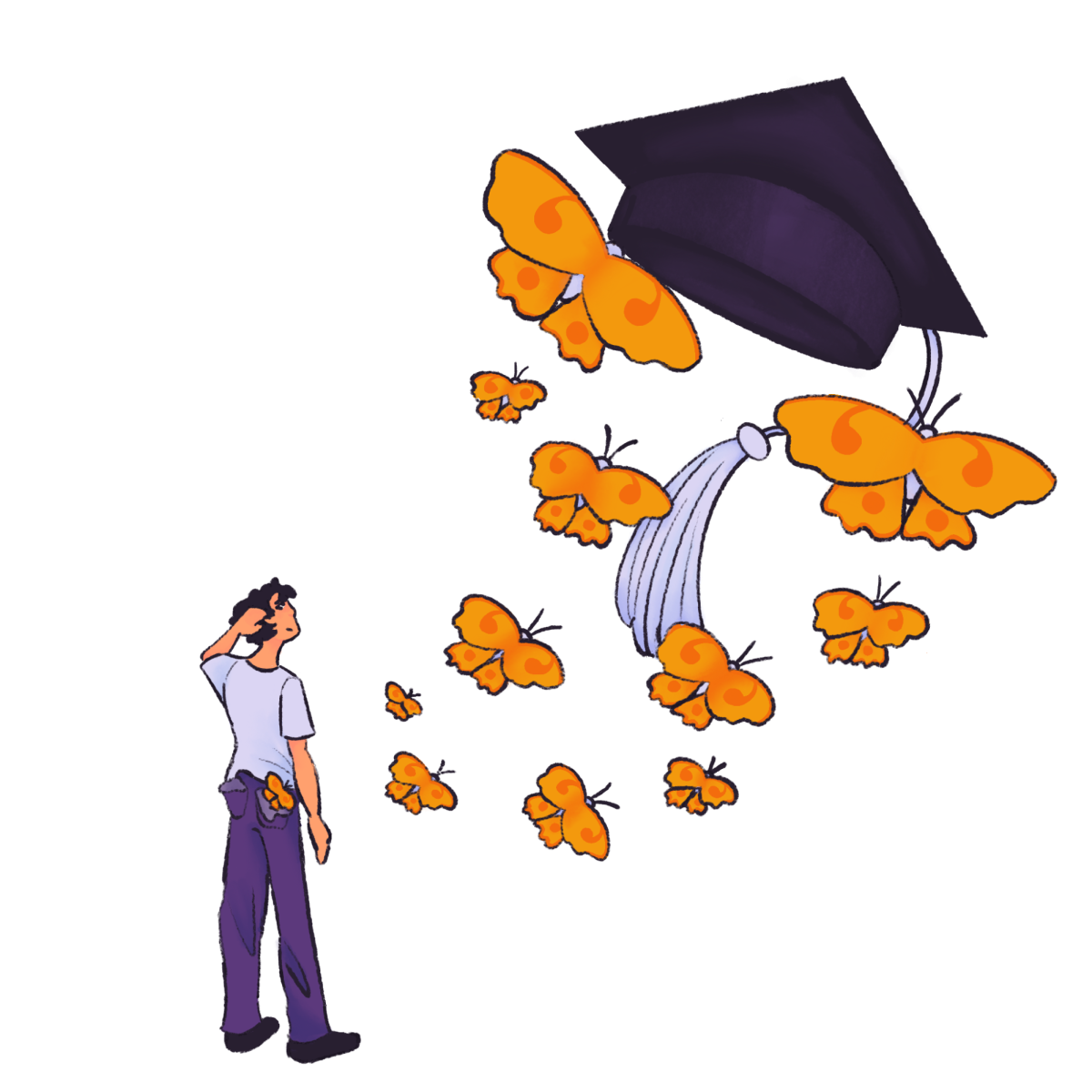President Donald Trump and his administration have plans to defund the Department of Education, a move that could have consequences for the future of education in the United States. The DOE is in charge of handing out grants and student loans, and defunding it threatens to undermine educational opportunities for individuals across the country.
Federal loans and grants are ways for low-income students to pursue higher education. Attendance clerk Yvette Avila is concerned over how Trump’s decisions regarding the DOE will affect low-income students who often utilize federal student loans.
“A lot of our students depend on those scholarships to go further in life, especially because education is a stepping stool. If you see people in lower income areas compared to higher income areas, you can see a big difference,” Avila said. “If your parents are able to use their little fund on the side for you, then that’s great, but not everyone has that.”
Senior Gregorio Salgado noted there may be an alternative to loans that legislators can implement to ensure students are able to continue their higher education.
“(California is a) high tax place. I believe that the high taxes do come with the benefit,” Salgado said. “I mean, we get these resources (textbooks, technology, etc.) free to us, and so I feel like we have to pay a lot in taxes, but in return, we get these resources, and we prepare a lot of kids for college without any cost.”
Budget cuts to the DOE could lead to lower funding for schools that utilize it for upkeep and maintenance. Sophomore Dhruva Kotikalapudi explained that without federal grants, schools will be unable to facilitate a safe and sanitary environment for students.
“There’s definitely going to be a lot of repairs needed, maintenance and general areas, maybe not new coats of paint, but definitely more usable differences,” Kotikalapudi said. “If the Department of Education is gone and we don’t have that money, then it’s going to be even less. Then eventually every school is going to be, at (some) point, a health concern.”
Special education teacher Brent Sjodin added that the federal grant cancellation might make it harder to access specific student resources.
“I think ultimately, it’s the bigger picture items, that it’s not textbooks. I think it’s more technology testing. The test that we use for special ED is very old,” Sjodin said. “Next year we have to get the new version, but for the district to buy that, it’s a significant amount of money, so those kinds of things are the things that I think might get held up.”
While Trump’s administration’s order to dismantle the DOE is in progress and the outcome is unknown, Salgado believes that school curriculums will be affected differently in different parts of the U.S.
“Here in California… we touch up on a lot of controversial topics, such as LGBTQ and freedom of speech and all that kind of stuff. I don’t feel like Trump’s actions would take that away from us, especially here in California,” Salgado said. “In the deep South states where teachers are trying to teach this kind of stuff, I feel like they would be affected the most.”
Amid ongoing debates over the DOE funding, many are concerned about the potential impact of budget cuts on schools. Avila believes that reducing financial support for education will only deepen inequality.
“They want to do all these budget cuts. They think that schools are getting too much money, which is not true, because we’re already getting the bare minimum,” Avila said. “If they’re taking away money from the schools, they’re just going to implement it where it benefits the rich, definitely not the poor, so I think it’s just gonna make it harder for everyone at the end of the day.”
Ultimately, Avila fears for the long-term effects that defunding the DOE could have on both students and educators, affecting the quality of education as a whole.
“I feel like high school dropout rates would probably increase. Aside from that, less field trips, even less money for the teachers that are already paying out of their pockets, so then maybe even less people become teachers now,” Avila said. “We would lose a lot of critical services.”


